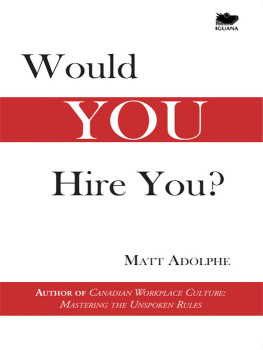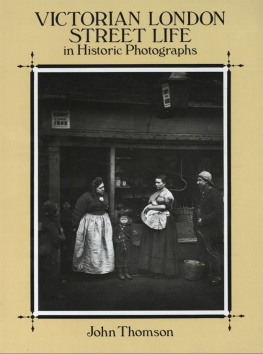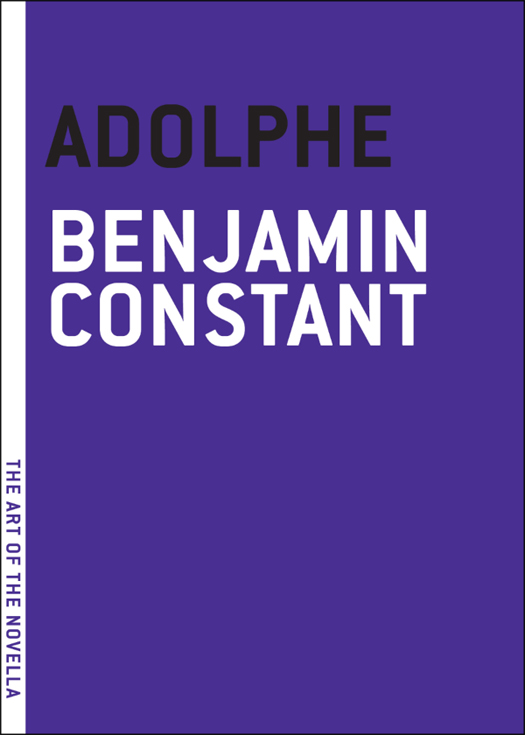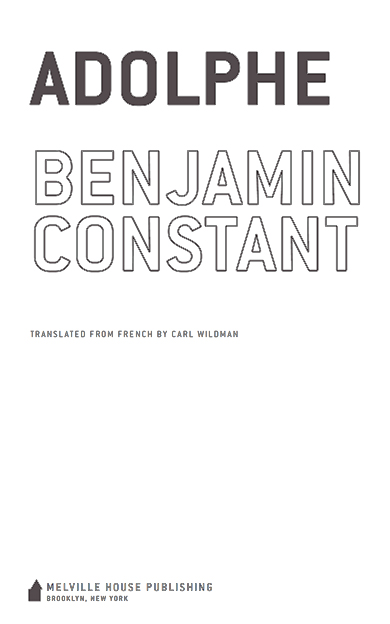AUTHORS PREFACE TO THE THIRD EDITION 1824
It was not without some hesitation that I agreed to the reprinting of this little work, published ten years ago. But for the fact that I was almost certain that a pirated edition would appear in Belgium and that, like the majority of the pirated editions which the Belgian publishers distribute in Germany and introduce into France, it would contain additions and interpolations for which I was not responsible, I should never have bothered about this anecdote. I wrote it with the sole idea of convincing several friends, who were staying together in the country, that it was feasible to give some sort of interest to a story in which the characters would be restricted to two, and in which the situation would always remain the same.
When I had started on this work, I wanted to develop several ideas which occurred to me and seemed to me not uninstructive. I wanted to depict the harm which is done even to barren hearts by the suffering they themselves cause to others, and the illusion which makes them believe themselves more frivolous and corrupt than they really are. From a distance, the pain you inflict appears confused and vague, like a cloud through which you could easily pass; you are encouraged by an approving and artificial society which substitutes rules for principles, conventions for emotions, and which hates scandal because it is a nuisancenot because it is immoral. It accepts vice quite happily when there is no scandal. You imagine that attachments which you form lightheartedly can be broken easily. But when you see the anguish caused by these broken bonds, the pain and astonishment of a deluded soul, the esteem which is repressed and which finds no outlet, the mistrust which replaces so complete a confidence and which, inevitably directed against the loved one, spreads to the whole world, then it is you realize that there is something sacred in a heart which suffers because it loves. You discover how deep are the roots of the affection you thought you inspired but did not share; and if you overcome what you call weakness, you do so only by destroying in your character all that is generous, faithful, noble and kind. You rise from this victory, which other people and friends applaud, having killed part of your soul, set sympathy at nought, taken advantage of weakness, outraged morality whilst using it as an excuse for harshness, and, ashamed or perverted by this success, you outlive your better nature.
That was what I tried to portray in Adolphe. I do not know if I have succeeded; but one thing makes me feel Adolphe has the merit of possessing a measure of truth: almost all my readers whom I have met have told me that they themselves have been in the same position as my hero. It is true that, while expressing regrets at having caused all that pain, they could not wholly conceal a fatuous self-satisfaction. They were pleased to depict themselves as having, like Adolphe, been the prey of the stubborn affections which they had inspired and the victims of the immense love conceived for them. I believe that, on the whole, they were calumniating themselves and that, had their vanity left them in peace, their conscience could have remained at rest.
Be that as it may, Adolphe has become a matter of complete indifference to me; I attach no importance to this novel and, I repeat, my sole object in letting it reappear for the benefit of a public who have probably forgotten it, if they ever knew it, is to declare that any edition containing anything not in this edition is not by me and I cannot be held responsible for it.
he has substituted first for lastlast appearing to be an unfortunate correction, probably on the part of the author.
C.W.









